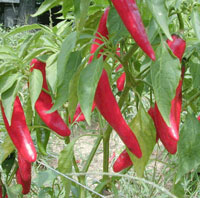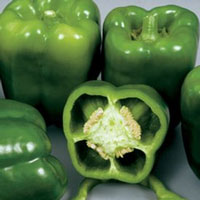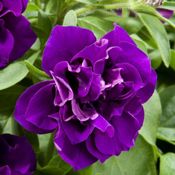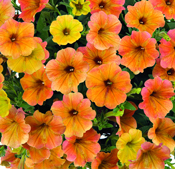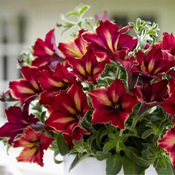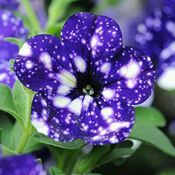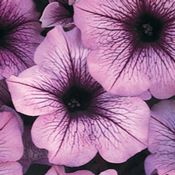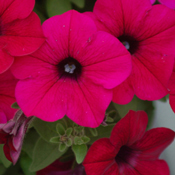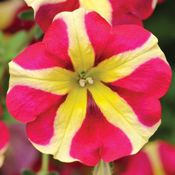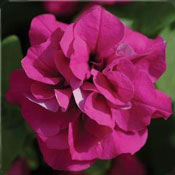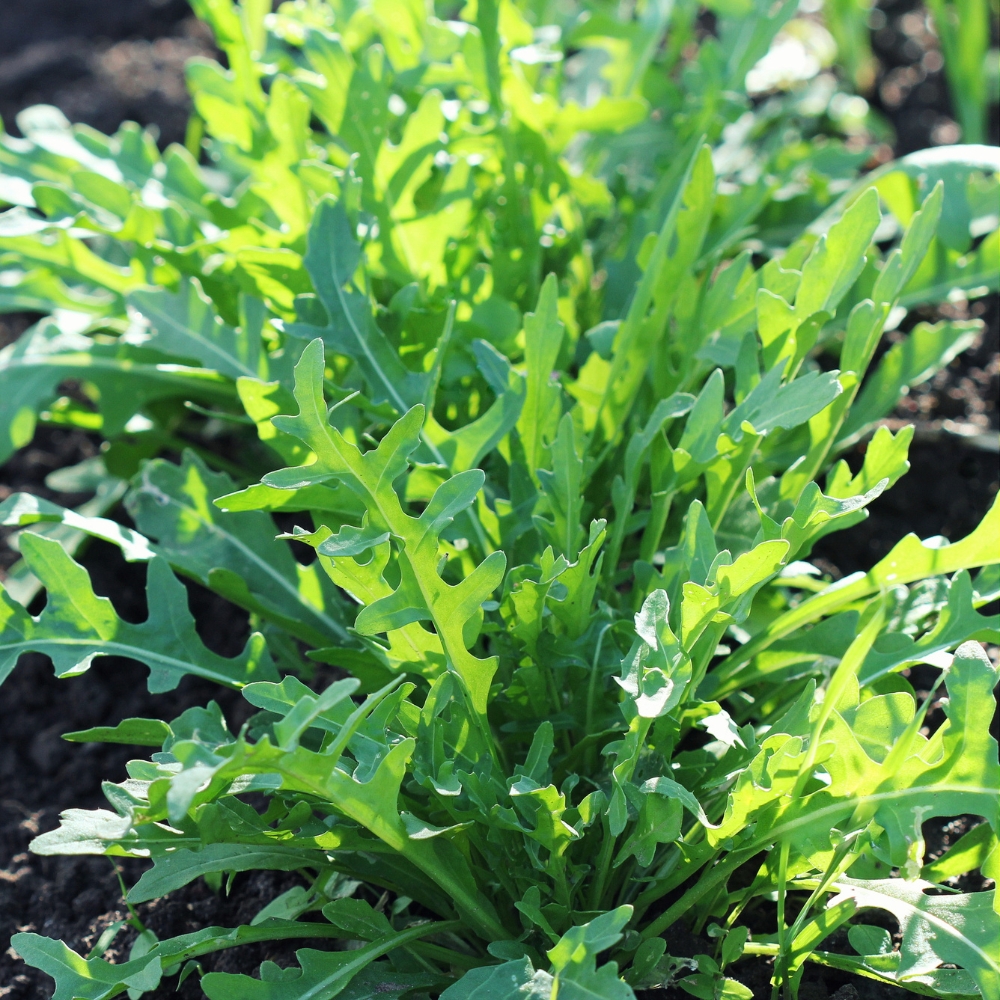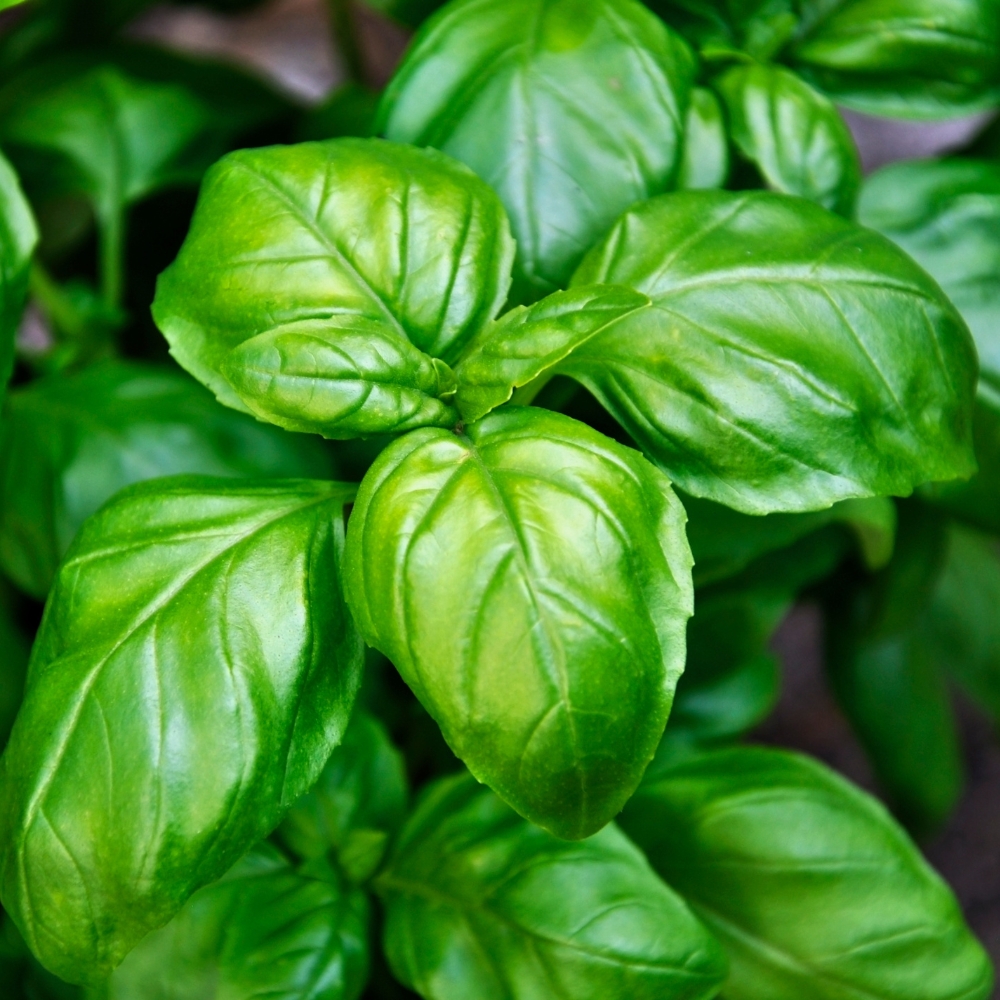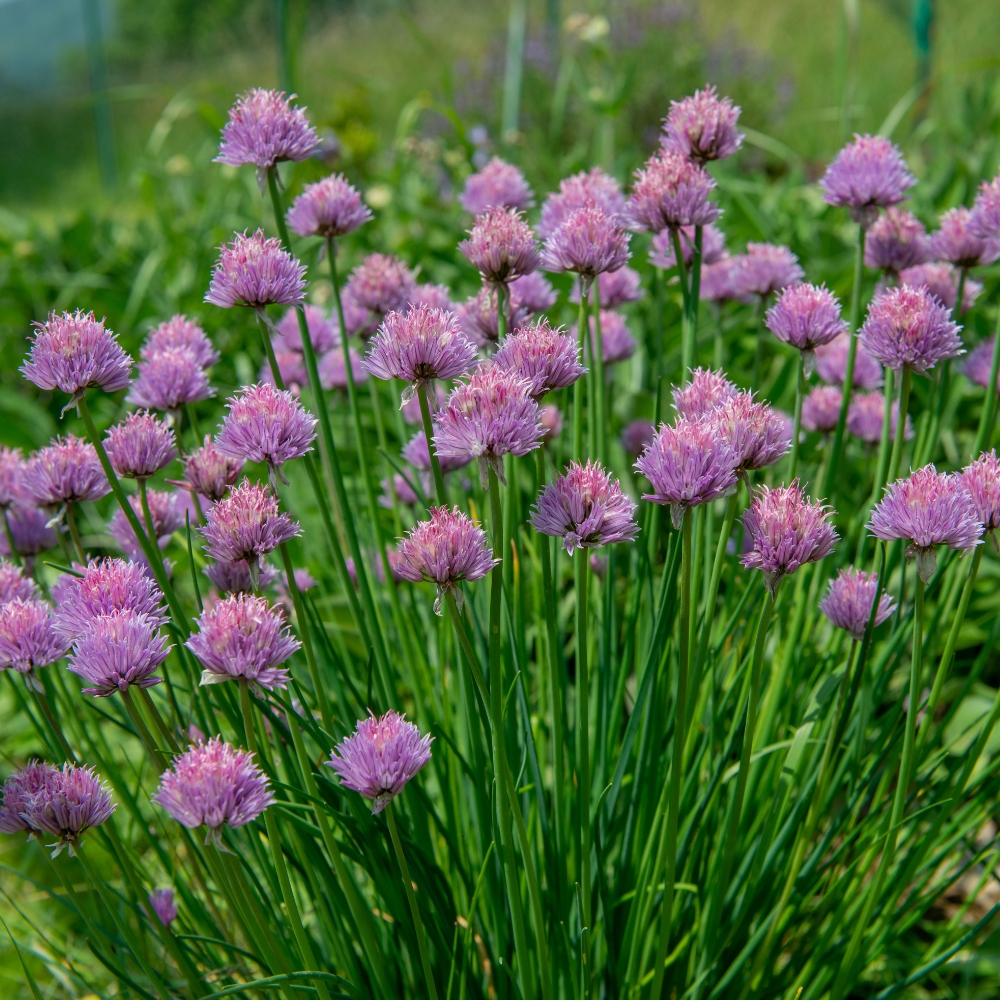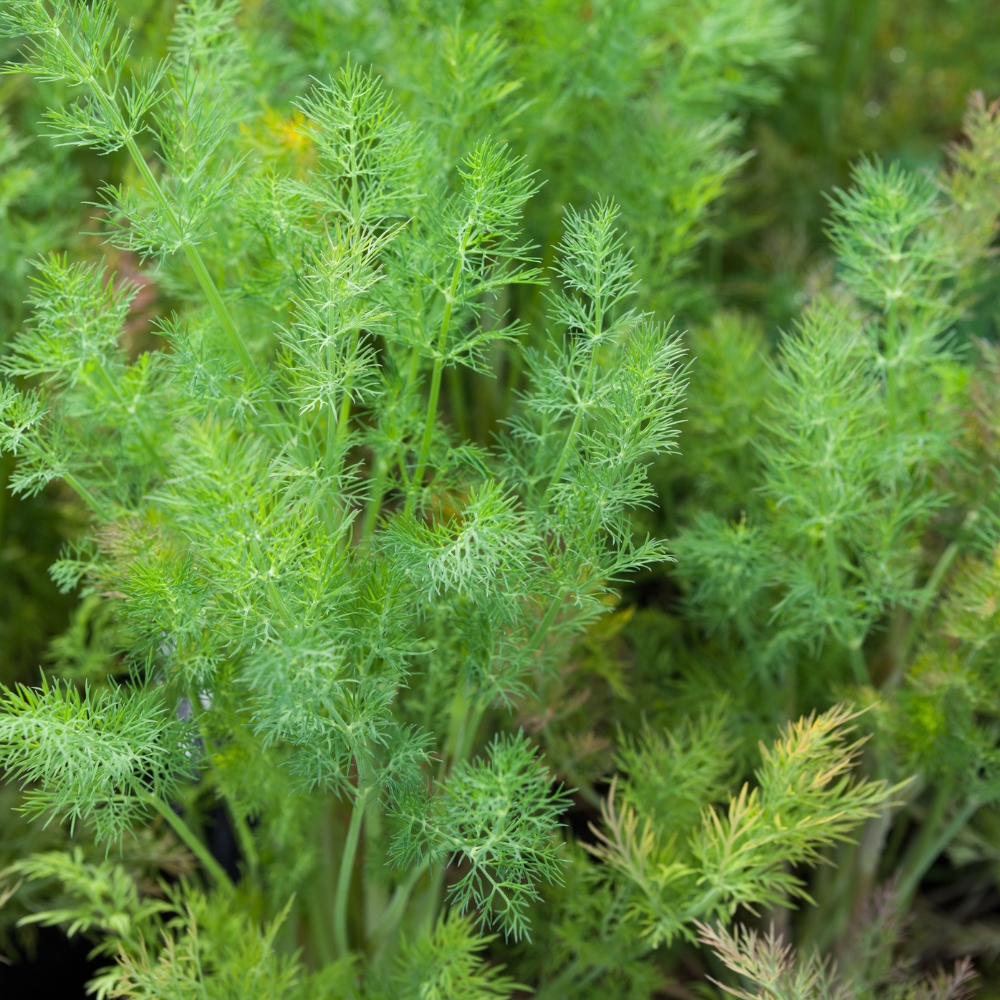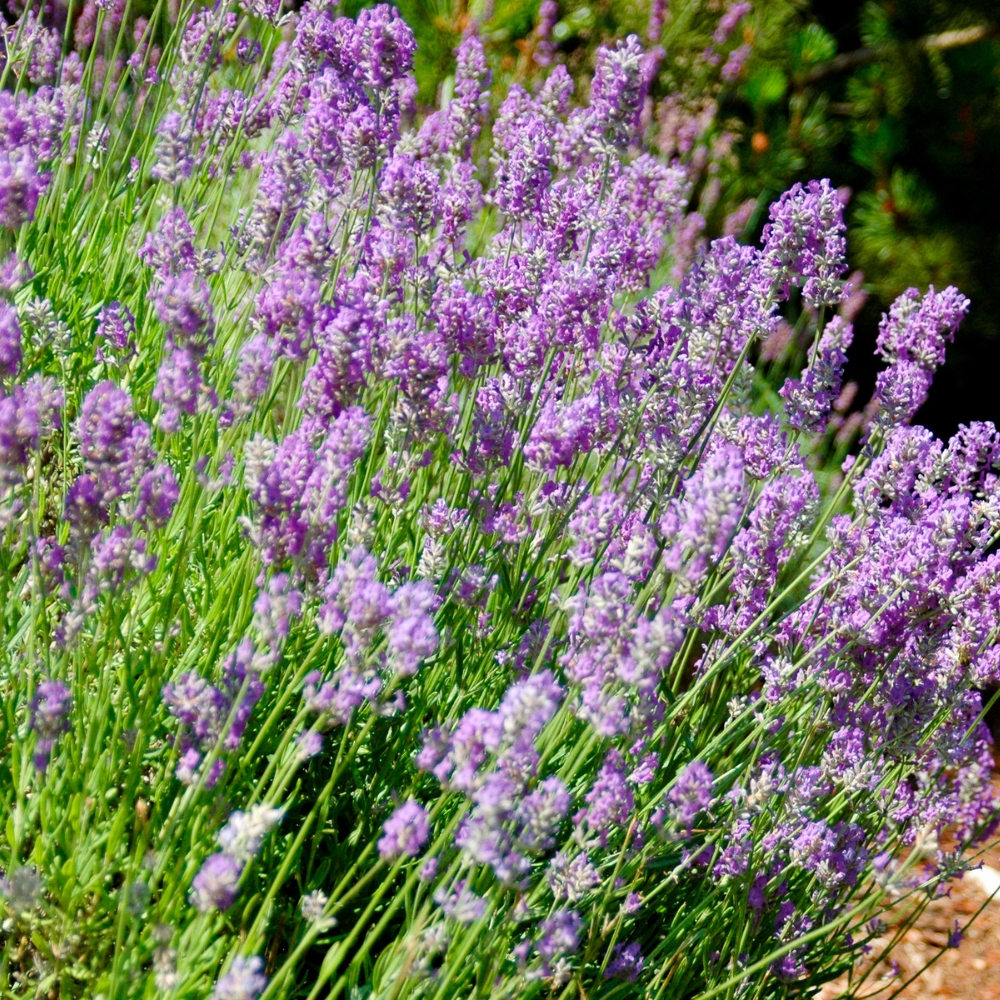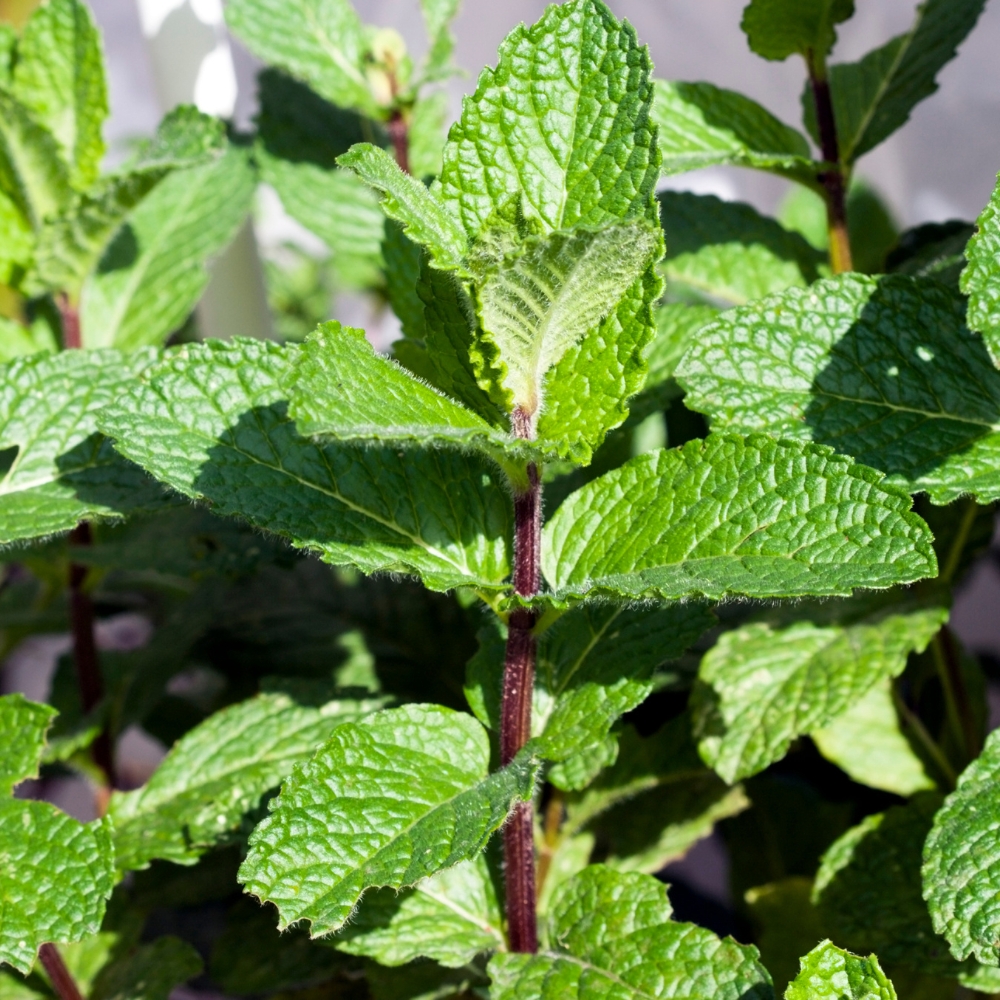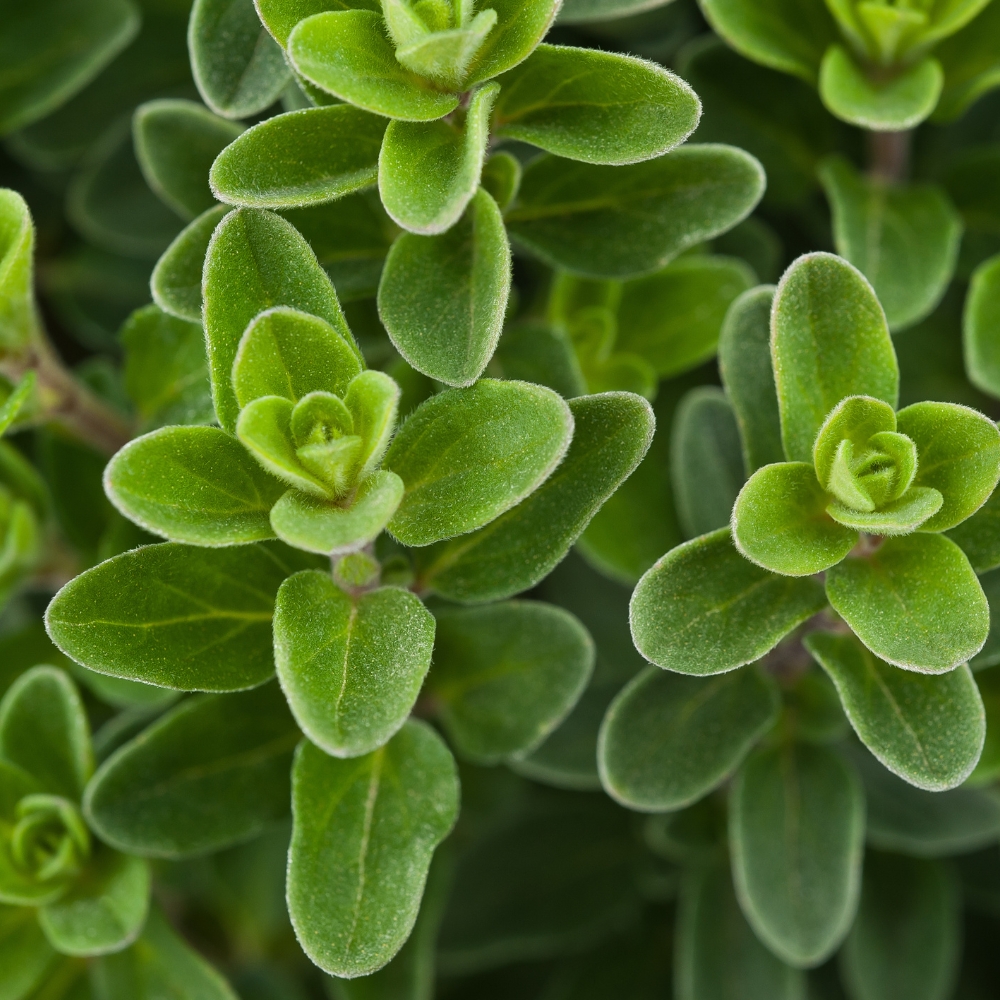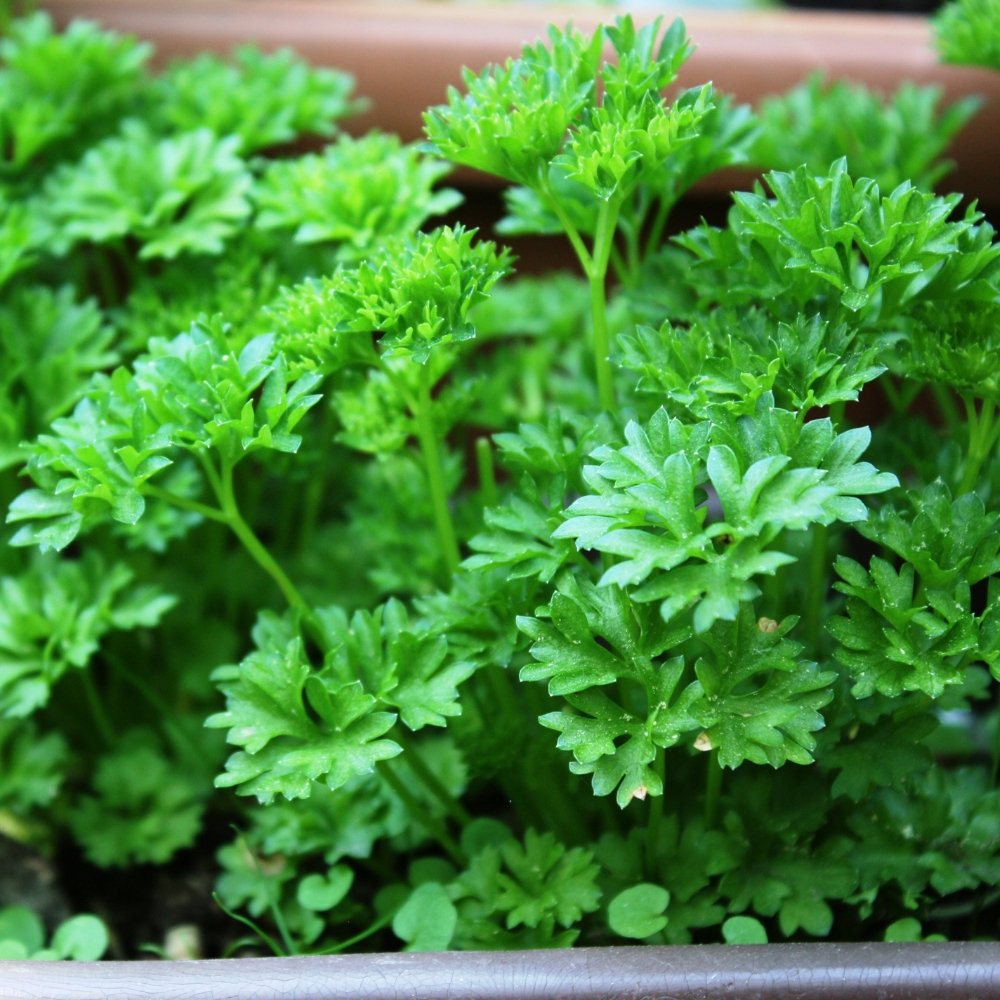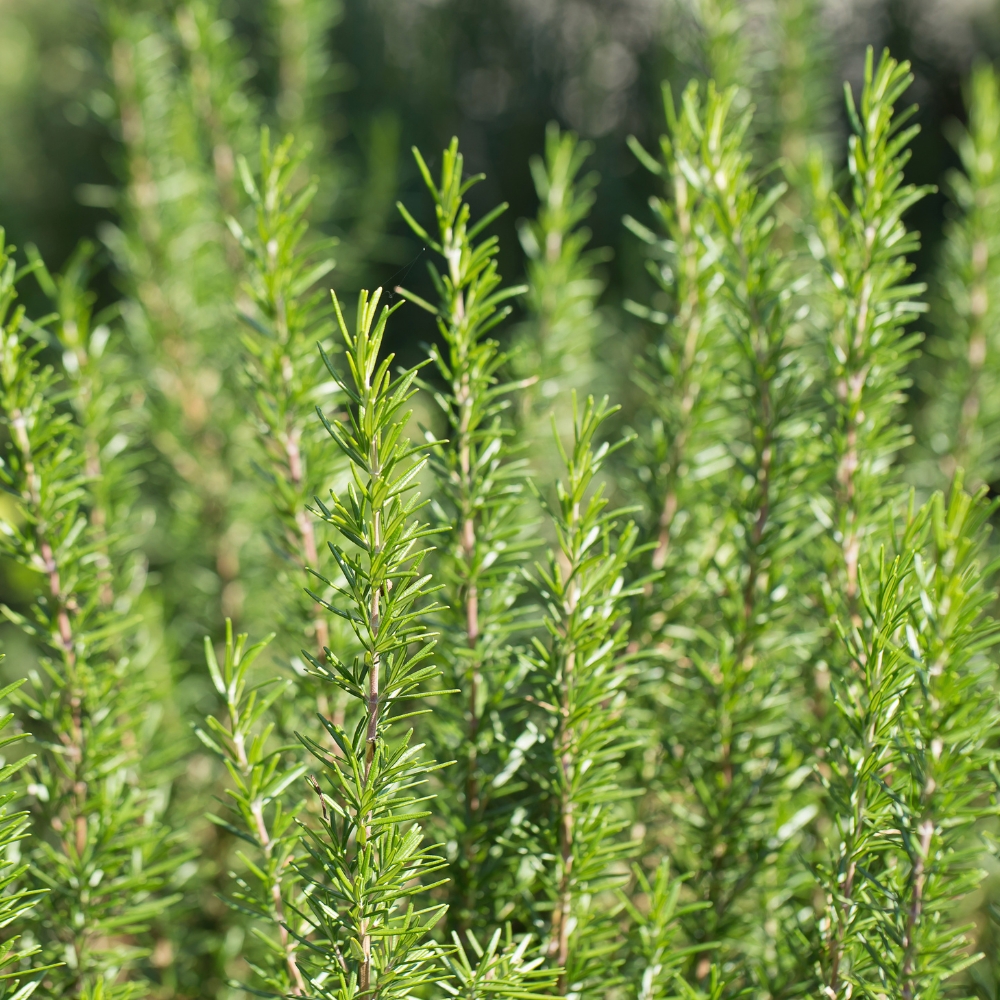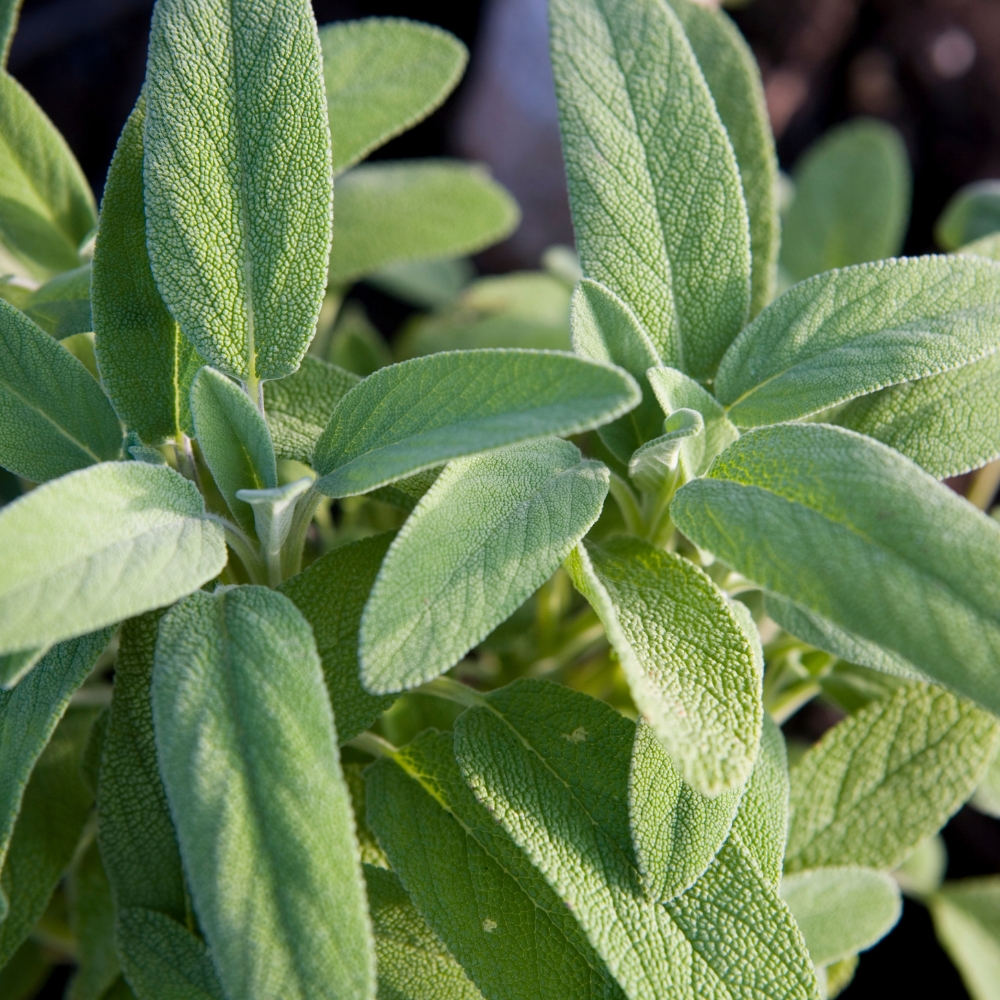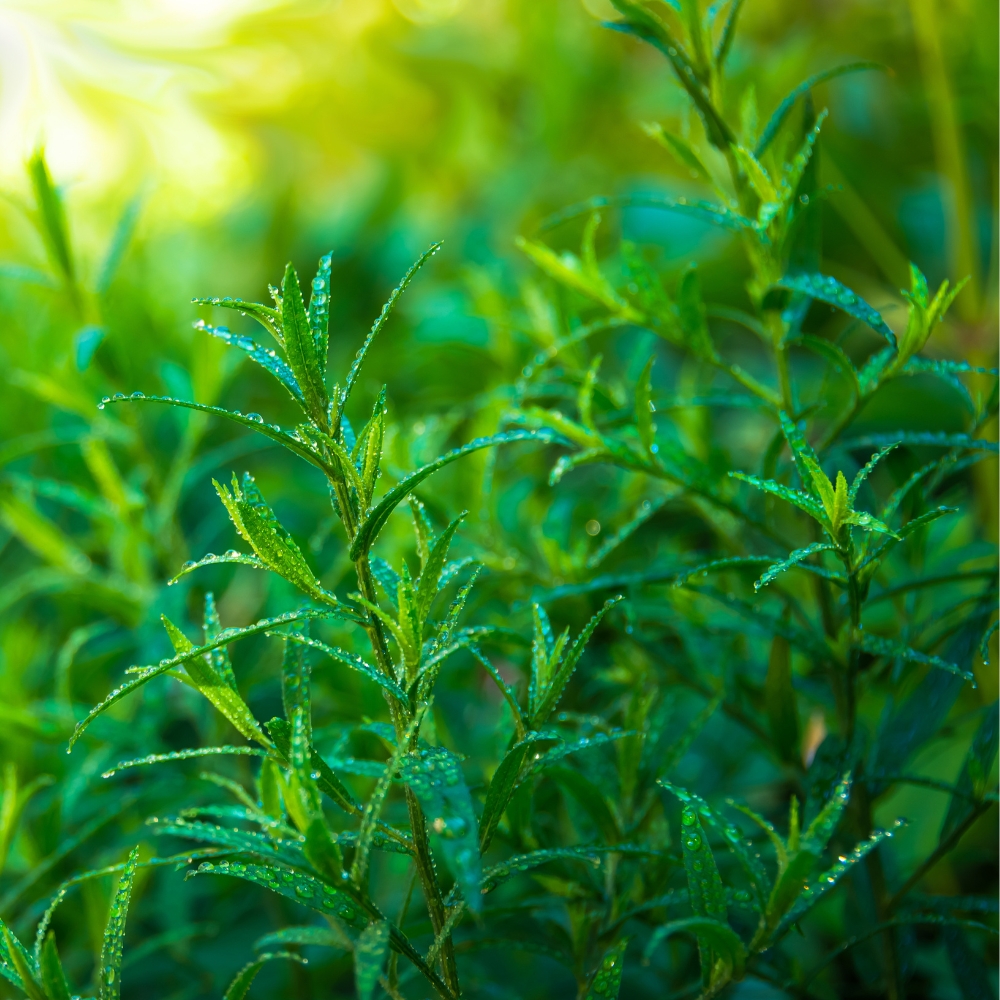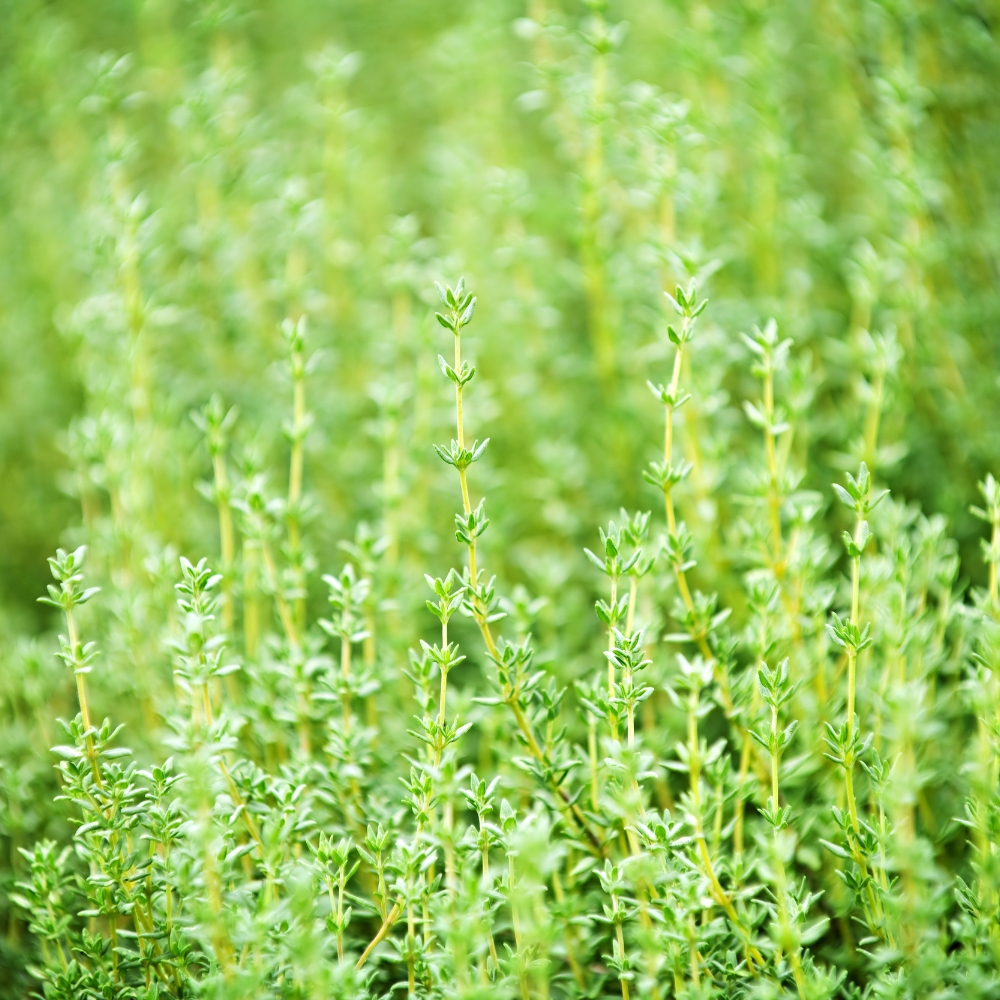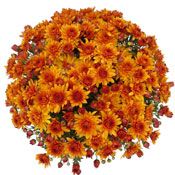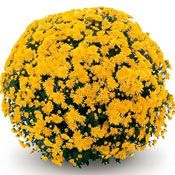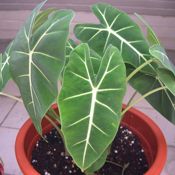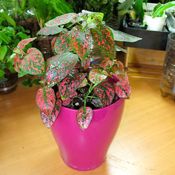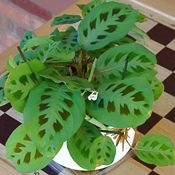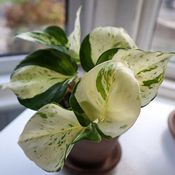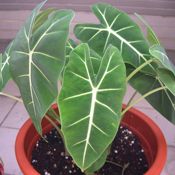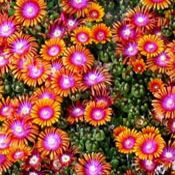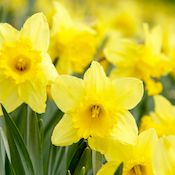Order by Phone: 260-525-9151 (M-F, 9am-4pm EDT)
-
Shop Plants
-
All Available Plants

-
Vegetable Plants

-
All Vegetable Plants for Sale

-
Most Popular Vegetables

-
Heirloom Vegetables

-
Hybrid Vegetables

-
Easy to Grow Vegetables

-
Fast Growing Vegetables

-
High Yield Vegetables

-
Cole Crop Plants

-
Indoor Vegetable Plants

-
Vegetables by Days to Harvest

-
Vegetables by Planting Zone

-
Vegetables for Kids

-
Amaranth Plants

-
Asparagus Plants

-
Bean Plants

-
Beet Plants

-
Broccoli Plants

-
Brussels Sprouts Plants

-
Cabbage Plants

-
Cantaloupe Plants

-
Carrot Plants

-
Cauliflower Plants

-
Celery Plants

-
Collard Greens Plants

-
Cucumber Plants

-
Eggplant Plants

-
Kale Plants

-
Lettuce Plants

-
Okra Plants

-
Pea Plants

-
Pepper Plants

-
Pumpkin Plants

-
Radish Plants

-
Rhubarb Plants

-
Spinach Plants

-
Squash Plants

-
Strawberry Plants

-
Sweet Corn Plants

-
Tomato Plants

-
Watermelon Plants

-
Archived Vegetables

-
Archived Amaranth Plants

-
Archived Asparagus Plants

-
Archived Broccoli Plants

-
Archived Cabbage Plants

-
Archived Cantaloupe Plants

-
Archived Carrot Plants

-
Archived Cauliflower Plants

-
Archived Celery Plants

-
Archived Cucumber Plants

-
Archived Eggplant Plants

-
Archived Kale Plants

-
Archived Lettuce Plants

-
Archived Hot Pepper Plants

-
Archived Sweet Pepper Plants

-
Archived Pumpkin Plants

-
Archived Spinach Plants

-
Archived Squash Plants

-
Archived Strawberry Plants

-
Archived Sweet Corn Plants

-
Archived Tomato Plants

-
Archived Watermelon Plants

-
Garlic

-
Gourd Plants

-
Kohlrabi Plants

-
Onion Plants

-
Potato Plants

-
Sweet Potato Plants

-
Swiss Chard Plants

-
Turnip Plants


-
Archived Amaranth Plants

-
All Vegetable Plants for Sale
-
Annual Plants

-
All Annual Plants for Sale

-
New Annuals for 2025

-
Most Popular Annuals

-
Alocasia (Elephant Ear)

-
Alternanthera (Joseph's Coat)

-
Asparagus Fern (Foxtail Fern)

-
Bacopa

-
Begonia

-
Bidens (Spanish Needles)

-
Bougainvillea (Paperflower)

-
Bracteantha (Strawflower)

-
Cajun Hibiscus (Tropical Hibiscus)

-
Caladium

-
Calibrachoa

-
Canna Lily

-
Catharanthus (Annual Vinca)

-
Cleome (Spider Flower)

-
Coleus

-
Cuphea

-
Dahlia

-
Diascia (Twinspur)

-
Dichondra

-
Fuchsia

-
Geranium

-
Gomphrena (Globe Amaranth)

-
Heliotrope

-
Impatiens

-
Ipomoea (Sweet Potato Vine)

-
Lantana

-
Lobularia (Sweet Alyssum)

-
Lophospermum (Creeping Gloxinia)

-
Mandevilla (Rocktrumpet)

-
Marigold

-
Ornamental Euphorbia (Baby's Breath)

-
Osteospermum (African Daisy)

-
Pericallis (Cineraria)

-
Petchoa

-
Petunia

-
Scaevola (Fan Flower)

-
Snapdragon

-
Strobilanthes

-
Sunflower

-
Torenia (Wishbone Flower)

-
Verbena

-
Zinnia

-
Annual Bulbs & Bare Roots

-
Annuals for Planters

-
Deer Resistant Annuals

-
Heat Tolerant Annuals

-
Part Shade Annuals

-
Part Sun Annual

-
Annuals by Flower Color

-
Annuals by Growth Habit

-
Kid Friendly Annuals

-
Archived Annuals

-
Archived Alocasia Plants

-
Archived Alternanthera Plants

-
Archived Bacopa Plants

-
Archived Begonia Plants

-
Archived Bidens Plants

-
Archived Caladium Plants

-
Archived Calibrachoa Plants

-
Archived Canna Lily Plants

-
Archived Catharanthus Plants

-
Archived Coleus Plants

-
Archived Cuphea Plants

-
Archived Gomphrena Plants

-
Archived Geranium Plants

-
Archived Fuchsia Plants

-
Archived Dichondra Plants

-
Archived Diascia Plants

-
Archived Dahlia Plants

-
Archived Lobularia Plants

-
Archived Heliotrope Plants

-
Archived Impatiens Plants

-
Archived Ipomoea Plants

-
Archived Lantana Plants

-
Archived Mandevilla Plants

-
Archived Marigold Plants

-
Archived Ornamental Euphorbia Plants

-
Archived Osteospermum Plants

-
Archived Pericallis Plants

-
Archived Petchoa Plants

-
Archived Petunia Plants

-
Archived Scaevola Plants

-
Archived Sunflower Plants

-
Archived Torenia Plants

-
Archived Verbena Plants

-
Archived Zinnia Plants

-
Archived Bougainvillea Plants

-
Archived Cajun Hibiscus Plants

-
Abutilon (Flowering Maple)

-
Amaranthus (Tassel Flower)

-
Angelonia (Summer Snapdragon)

-
Argyranthemum (Marguerite Daisy)

-
Cassia

-
Celosia (Cockscomb)

-
Colocasia

-
Cordyline

-
Dracaena (Spike Plant)

-
Dusty Miller (Silver Ragwort)

-
Dutchman's Pipe (Pelican Flower)

-
Fern

-
Gerbera Daisy

-
Hypoestes (Polka Dot )

-
Lobelia

-
Lotus Vine (Parrot's Beak)

-
Manettia (Candy Corn Vine)

-
Nemesia

-
Ornamental Cabbage

-
Ornamental Kale

-
Ornamental Pepper

-
Pansy (Viola)

-
Pentas (Star Flower)

-
Plectranthus (Swedish Ivy)

-
Pseuderanthemum

-
Senecio (Sea Cabbage)

-
Setcreasea (Wandering Jew)

-
Sweet Pea

-
Thunbergia (Black Eyed Susan Vine)

-
Vinca Vine (Periwinkle)


-
Archived Alocasia Plants

-
All Annual Plants for Sale
-
Perennial Plants
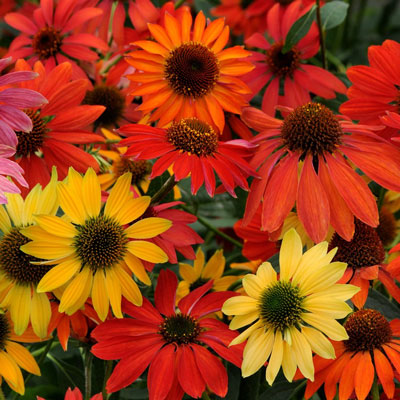
-
All Perennial Plants for Sale

-
New Perennials for 2025

-
Most Popular Perennials

-
Achillea (Yarrow)

-
Agastache (Hummingbird Mint)

-
Alcea (Hollyhock)

-
Aquilegia (Columbine)

-
Artemisia (Wormwood)

-
Asclepias (Milkweed)

-
Asters

-
Astilbe (False Spirea)

-
Baptisia (False Indigo)

-
Brunnera (Siberian Bugloss)

-
Centaurea (Cornflower)

-
Clematis

-
Coreopsis (Tickseed)

-
Delphinium (Larkspur)

-
Dianthus (Pinks)

-
Dicentra (Bleeding Heart)

-
Digitalis (Foxglove)

-
Echinacea (Coneflower)

-
Eupatorium (Joe-Pye Weed)

-
Gaillardia (Blanket Flower)

-
Gaura (Beeblossom)

-
Hardy Geranium (Cranesbill)

-
Hardy Hibiscus (Rose Mallow)

-
Heliopsis (False Sunflower)

-
Hemerocallis (Daylily)

-
Heuchera (Coral Bells)

-
Hosta (Plantain Lily)

-
Iris

-
Kniphofia (Red Hot Poker)

-
Lamium (Dead Nettle)

-
Leucanthemum (Shasta Daisy)

-
Liatris (Blazing Star)

-
Lilies

-
Lupine (Lupinus)

-
Mexican Flame Vine

-
Monarda (Bee Balm)

-
Nepeta (Catmint)

-
Ornamental Grasses

-
Papaver (Iceland Poppy)

-
Passiflora (Passion Flower)

-
Penstemon (Beardtongue)

-
Peony

-
Perovskia (Russian Sage)

-
Phlox

-
Platycodon (Balloon Flower)

-
Rudbeckia (Black Eyed Susan)

-
Salvia (Meadow Sage)

-
Scabiosa (Pincushion Flower)

-
Stachys (Lamb's Ear)

-
Verbascum (Mullein)

-
Veronica (Speedwell)

-
Low Maintenance Perennial Plants

-
Deer-Resistant Perennials

-
Part Shade Perennial Plants

-
Part Sun Perennial Plants

-
Perennials by Flower Color

-
Perennials by Bloom Time

-
Perennials by Zone

-
Perennial Bulbs

-
Archived Perennials

-
Archived Achillea Plants

-
Archived Agastache Plants

-
Archived Alcea Plants

-
Archived Aquilegia Plants

-
Archived Artemisia Plants

-
Archived Asclepias Plants

-
Archived Astilbe Plants

-
Archived Baptisia Plants

-
Archived Brunnera Plants

-
Archived Centaurea Plants

-
Archived Clematis Plants

-
Archived Coreopsis Plants

-
Archived Delphinium Plants

-
Archived Dianthus Plants

-
Archived Dicentra Plants

-
Archived Digitalis Plants

-
Archived Echinacea Plants

-
Archived Eupatorium Plants

-
Archived Gaillardia Plants

-
Archived Gaura Plants

-
Archived Hardy Geranium Plants

-
Archived Hardy Hibiscus Plants

-
Archived Hemerocallis Plants

-
Archived Heuchera Plants

-
Archived Hosta Plants

-
Archived Iris Plants

-
Archived Kniphofia Plants

-
Archived Lamium Plants

-
Archived Leucanthemum Plants

-
Archived Lily Plants

-
Archived Lupine Plants

-
Archived Monarda Plants

-
Archived Nepeta Plants

-
Archived Ornamental Grass Plants

-
Archived Papaver Plants

-
Archived Passiflora Plants

-
Archived Penstemon Plants

-
Archived Peony Plants

-
Archived Perovskia Plants

-
Archived Phlox Plants

-
Archived Platycodon Plants

-
Archived Rudbeckia Plants

-
Archived Salvia Plants

-
Archived Scabiosa Plants

-
Archived Stachys Plants

-
Archived Verbascum Plants

-
Archived Veronica Plants

-
Archived Aster Plants

-
Actaea (Baneberry)

-
Ajuga (Bugleweed)

-
Amsonia (Blue Star)

-
Armeria (Sea Thrift)

-
Athyrium (Lady Fern)

-
Bergenia (Pigsqueak)

-
Campanula (Bellflower)

-
Cestrum (Night-Blooming Jasmine)

-
Crocosmia (Coppertips)

-
Dicliptera (Uruguayan Firecracker)

-
Eryngium (Sea Holly)

-
Geum (Avens)

-
Helichrysum (Licorice Plant)

-
Helleborus (Lenten Rose)

-
Heucherella (Foamy Bells)

-
Ivy

-
Justicia (Shrimp Plant)

-
Lamiastrum (Yellow Archangel)

-
Peruvian Lily (Lily of the Incas)

-
Polemonium (Jacob's Ladder)

-
Primula (Primrose)

-
Ruellia (Mexican Petunia)

-
Scutellaria (Skullcap)

-
Sedum (Stonecrop)

-
Spigelia (Indian Pink)

-
Tiarella (Foam Flower)

-
Wisteria


-
Archived Achillea Plants

-
All Perennial Plants for Sale
-
Bushes and Shrubs
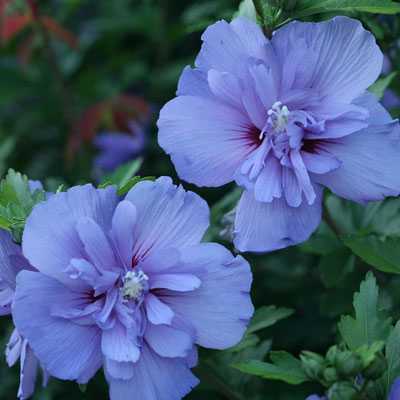
-
All Bushes & Shrubs for Sale

-
New Shrubs and Bushes for 2025

-
Most Popular Bushes & Shrubs

-
Abelia

-
Arborvitae (Thuja)

-
Aronia Berry (Chokeberry)

-
Bignonia (Crossvine)

-
Buddleia (Butterfly Bush)

-
Bush Cherry

-
Buxus Bushes (Boxwood)

-
Camellia

-
Caryopteris (Bluebeard)

-
Cephalanthus Bushes (Buttonbush)

-
Chaenomeles (Flowering Quince)

-
Chamaecyparis (False Cypress)

-
Coralberry

-
Deutzia

-
Distylium (Winter-hazel)

-
Dogwood Bushes (Red Twig)

-
Elaeagnus (Silverberry)

-
Elderberry (Sambucus)

-
Esperanza (Tecoma)

-
Forsythia (Golden Bell)

-
Goji Berry (Wolfberry)

-
Honeyberry (Haskap)

-
Hydrangea Bushes

-
Ilex (Holly)

-
Itea (Sweetspire)

-
Lagerstroemia (Crape Myrtle)

-
Lilac Bushes (Syringa)

-
Lonicera (Honeysuckle)

-
Physocarpus (Ninebark)

-
Potentilla Shrubs (Cinquefoils)

-
Rhamnus (Buckthorn)

-
Rhododendron

-
Rose Bushes

-
Rose of Sharon

-
Schizophragma (False Hydrangea-vine)

-
Spiraea

-
Summersweet Bushes

-
Viburnum Bushes

-
Weigela

-
Winterberry

-
Yew

-
Deer Resistant Shrubs

-
Evergreen Bushes and Shrubs

-
Low Maintenance Shrubs

-
Flowering Shrubs for Full Sun

-
Part Sun Shrubs

-
Shrubs for Small Gardens

-
Bushes & Shrubs by Flower Color

-
Spring Flowering Shrubs

-
Archived Bushes & Shrubs

-
Archived Abelia Plants

-
Archived Arborvitae Plants

-
Archived Buddleia Plants

-
Archived Buxus Plants

-
Archived Caryopteris Plants

-
Archived Chaenomeles Plants

-
Archived Chamaecyparis Plants

-
Archived Dogwood Plants

-
Archived Elderberry Plants

-
Archived Esperanza Plants

-
Archived Forsythia Plants

-
Archived Honeyberry Plants

-
Archived Hydrangea Plants

-
Archived Lagerstroemia Plants

-
Archived Lilac Bushes

-
Archived Lonicera Plants

-
Archived Physocarpus Plants

-
Archived Rhododendron Plants

-
Archived Rose Bushes

-
Archived Rose of Sharon Plants

-
Archived Spiraea Plants

-
Archived Viburnum Plants

-
Archived Weigela Plants

-
Acer Trees (Japanese Maple)

-
Aralia

-
Barberry Bushes

-
Calycanthus (Sweetshrub)

-
Cercis Trees (Redbud)

-
Daphne (Paradise)

-
Euonymus (Burning Bush)

-
Exochorda Bushes (Pearl Bush)

-
Juniper

-
Magnolia Trees

-
Osmanthus (Sweet Olive)

-
Phygelius (Cape Fuchsia)

-
Plumbago (Leadwort)

-
Porterweed


-
Archived Abelia Plants

-
All Bushes & Shrubs for Sale
-
Herb Plants
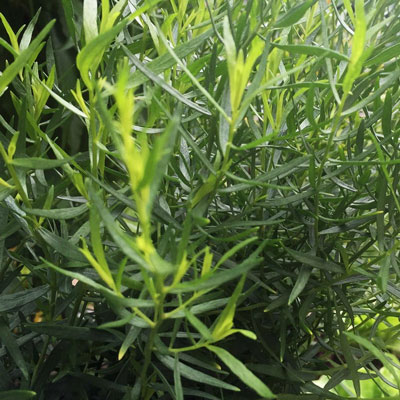
-
Flower Combos
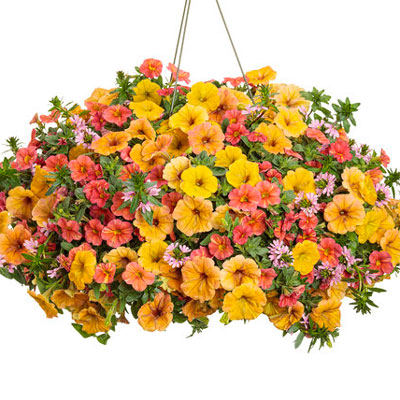
-
Mum Plants

-
Proven Winners

-
Suntory Flowers

-
New Arrivals for 2025

-
Gift Certificates

-
The Forever Tomato Stake

-
Downloadable PDFs for Gardeners

-
Archived Plants


-
All Available Plants
- Plants By Purpose
- Plants By Style
- Plants From A-Z
- Best Sellers
- Sale
- Contact
- About Us
- My account
- Home /
- Shop Plants /
- Bushes and Shrubs /
- Hydrangea Bushes /
- Quick Fire Fab® Hydrangea Bush
Our Company
Customer service

© 2025 GrowJoy™. All rights are reserved. | Conditions of Use | Privacy Statement
Where Are You Shipping To?
State:
Zip Code:














































